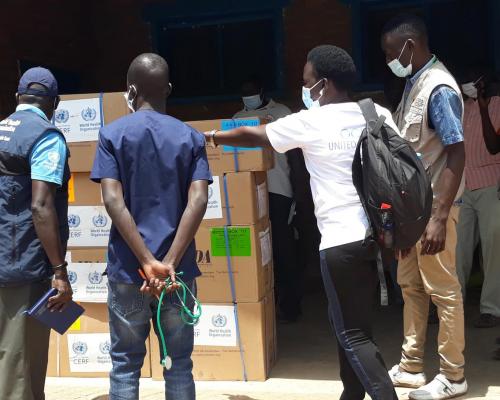
Juba – The World Health Organization (WHO) delivered lifesaving medicines and medical supplies to assist the internally displaced people, returnees and host communities in Lainya, Wonduruba and Katigiri counties of Central Equatoria State, one of the states most affected by the conflict.
The supplies delivered included five Interagency Emergency Health Kits (IEHK) basic module medicines, two IEHK supplementary modules malaria, five pneumonia health supplies and commodities kits, two cholera community oral rehydration points Base-Care Modules kits and one cholera investigation kit sufficient to treat more than 10 000 people living in areas affected by the conflict in parts of Lainya, Wonduruba and Katigiri for the next three months.
“Women and children face a greater risk of death and illness due to diseases such as malaria, pneumonia, pregnancy-related complications, neonatal tetanus, diarrheal diseases, asthma, snakebites, typhoid and many other disease conditions”, said Mario Ladu Paul, Clinical Officer at Wonduruba Primary Health Care Centre. “Thanks to WHO, the lifesaving medicines and medical supplies saved the lives of the community especially women and children”.
With the supplies now in place, the WHO emergency mobile medical teams deployed to Kajo-keji, Dulamaya, Tali and Morobo to conduct integrated medical mobile services to the displaced and the host communities to improve the health humanitarian situation in the area.
WHO has been providing much-needed health care services to save lives in the areas where health service delivery has completely ceased to exist.
“Many people no longer had access to healthcare services. High illness and death especially among children under five years of age, pregnant women and the elderly have been reported”, said Dr Olushayo Olu, WHO Representative for South Sudan. “Thanks to the generous contribution of United Nations Central Emergency Response Funds (UNCERF), our goal is to reach the affected population who need our support the most”.
To improve the delivery of humanitarian health assistance, WHO and partners recently conducted a joint humanitarian needs assessment mission on the current status of health service delivery in Central Equatoria State, to generate reliable information on the current status and functioning of the health facility in providing health care services.
WHO also supported efforts to enhance disease surveillance system to ensure the accurate and timely detection and reporting of epidemic-prone diseases to avert further spread and reduce morbidity and mortality.
Technical contact:
Mr Julu Louis Kenyi Joseph, Email: louisju [at] who.int


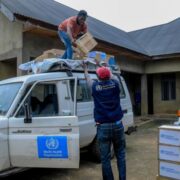
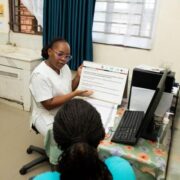
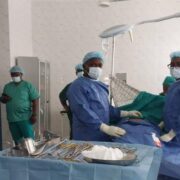
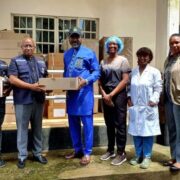
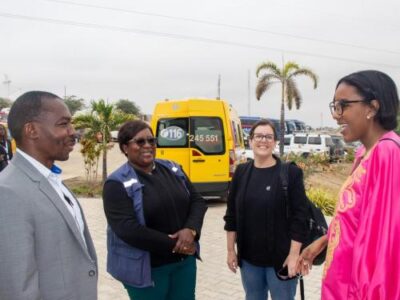
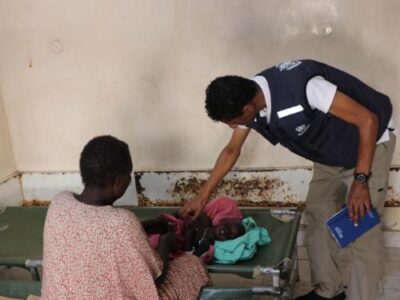
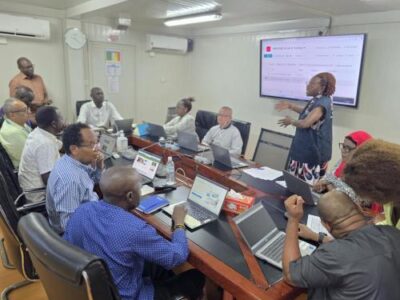


Comments